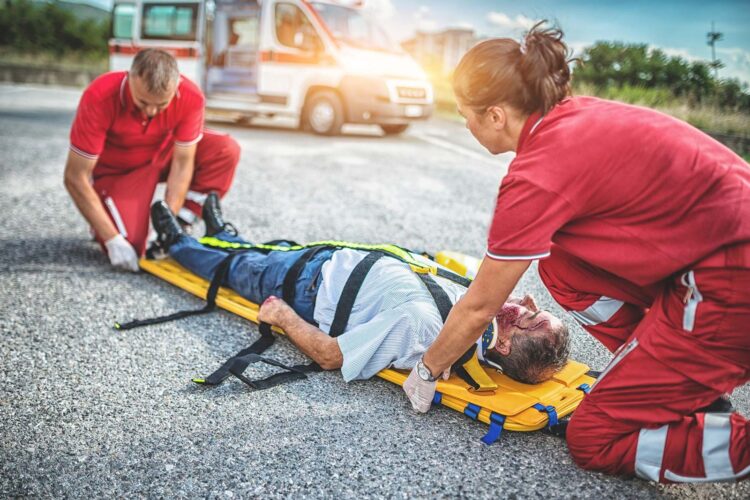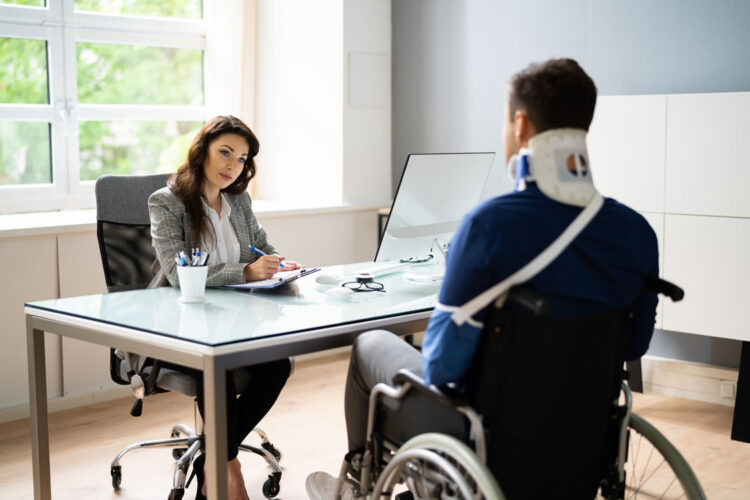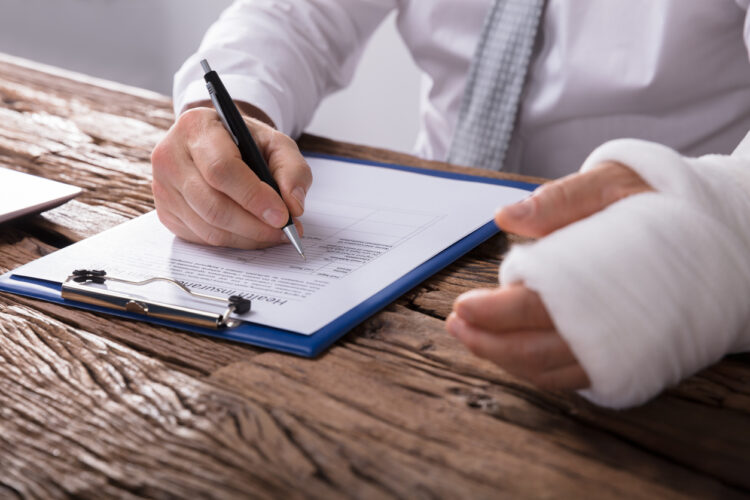Accidents can lead to a lot of confusion and fear. When you’re left with an injury because of someone else’s negligence, it may be hard to figure out what to do next.
Knowing the steps you need to take after a personal injury can make or break your case. Whether you have been in a car crash, slipped and fell at a store, been bitten by a dog, or endured another type of accident that caused you injury, these are the steps you should take.
Page Contents
Take Stock of the Situation

Source: oliveriandschwartz.com
Any personal injury accident has the potential to cause you to freeze up. You may be sitting in your car in the middle of moving traffic lanes after a truck accident. Or maybe you’re on your back on the floor in a busy supermarket. Perhaps you’re staring up at a growling dog that just chomped down on your leg or arm.
Even though things seem scary, you must try to remove yourself from the danger if possible. If not, you need to take a quick assessment of your injuries. In the event others are also injured, you’ll want to check on them, too.
Call 911 to Report the Emergency
In car accidents, it’s especially important to get the police on the scene of an accident. They will document the details in a police report that can serve as evidence in your personal injury claim.
Calling 911 can also get emergency medical services on the way, whether it’s a car accident or any other type of personal injury. Even if you don’t believe your injuries are that severe, you should get medical attention to be sure. Many injuries are internal in these situations with no exterior signs, and you may not realize the extent of them until hours or even days later. These injuries could be life-threatening, so do not delay your treatment.
Gather Contact Information and Evidence

Source: katzmansugden.com
In car accidents, exchange information with the other driver and get their relevant contact and insurance details. In other personal injuries, it will depend on the scenario, though you will want to get the name and address of the person or entity who is most likely liable for your injuries.
It’s important that you don’t admit fault or apologize — even if it’s just to be polite. Likewise, refrain from blaming and shouting.
You should also take photos and videos of everything on the scene. Once the aftermath is cleaned up, it may be hard to prove what happened. The evidence can help tell an unbiased story that will show how your injuries occurred.
If anyone saw what happened, you should get their information, too. Perhaps other drivers pulled over when they saw your accident. They may have witnessed the other driver being erratic on the road before the crash. There could be other patrons in the store who saw you slip and can attest that there was no signage or warning of the hazard. Witnesses can be helpful in providing these additional details from another perspective.
Log Your Own Details
When you have a moment, you will want to write down or record your account of what happened and how your injuries have affected you. Start from just prior to your injury, then discuss what you remember happening in the moment as well as everything following. The sooner you do this, the more likely you are to remember all the details.
Put All the Evidence and Documentation Together
If you want to recover compensation for your injuries and the damages you’ve suffered, you need to prove that the other party was negligent. They can’t be held liable if negligence can’t be proven. You’ll want to keep all the documentation together, including police reports, medical records, witness contact information, photos, videos, your own statement, and bills and receipts for your medical treatments.
Often, personal injuries can leave victims seriously injured, which makes it difficult to put the evidence together on the scene. This is why many people turn to personal injury attorneys to start working on the case while they are still recovering.
Refrain from Talking About Your Personal Injury

Source: stephenslaw.com
The insurance company of the at-fault party will be looking for anything they can use to minimize your payout. It’s imperative that you don’t speak about your accident to anyone except your attorney or any doctors who are treating you. Never post anything online about it, and try to avoid using social media altogether while your case is ongoing. The other party could argue that you must not be as injured as you claim if you’re feeling well enough to share posts with family and friends.
Don’t Waste Time Filing Your Personal Injury Case
Tennessee has a very short statute of limitations for personal injury cases, set at one year from the date of your injury or awareness of the injury. It’s important that you act quickly to file on time. It’s always best to file promptly. Much of the evidence you’ll need to support your claim could be unavailable if you wait, and time will fade the memories of witnesses.
Get Legal Representation for Your Case
There is no law that requires you to hire a lawyer to advocate for you in a personal injury case. However, they will have knowledge of all applicable laws, making their assistance invaluable. Insurance companies tend to offer lower settlements to those who represent themselves. Attorneys know how to look at your injuries and losses from the accident and calculate an amount that would provide you with fair compensation.
Once you have received medical attention, it’s wise to seek Nashville injury claims advocates, especially if you have been severely injured. Your attorney will then get busy tracking down the evidence you need while managing your case from start to finish.





